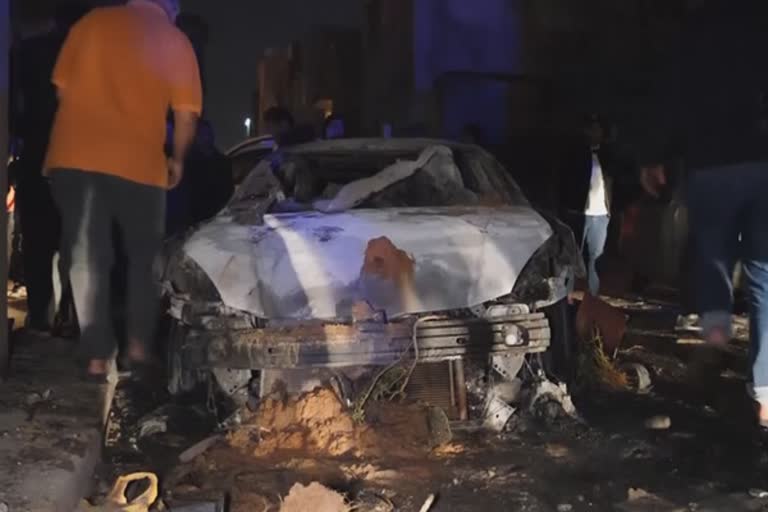Tripoli:Libya's capital Tripoli was once again under heavy shelling on Tuesday night, following the start of a new offensive lead by Field Marshal Khalifa Hifter and his self-styled Libyan National Army.
Several neighbourhoods were hit, with the Libyan Government of National Accord Interior Minister, Fathi Bashagha, calling it a "criminal war".
The UN political mission in Libya has condemned the increased use of heavy weapons and indiscriminate shelling in and around the capital.
Also Read: Celebrating life - the 100 year old yoga teacher
Stephane Dujarric said on Tuesday that the heavy weapons and shelling have damaged houses, schools and civilian infrastructure.
He said the number of people displaced due to hostilities in the Tripoli area has increased to near 20,000, including more than 2,500 in the last 24 hours.
Fifty civilian casualties had been confirmed on Tuesday, including 14 deaths, but these individually verified cases must be considered a minimum, Dujarric said.
